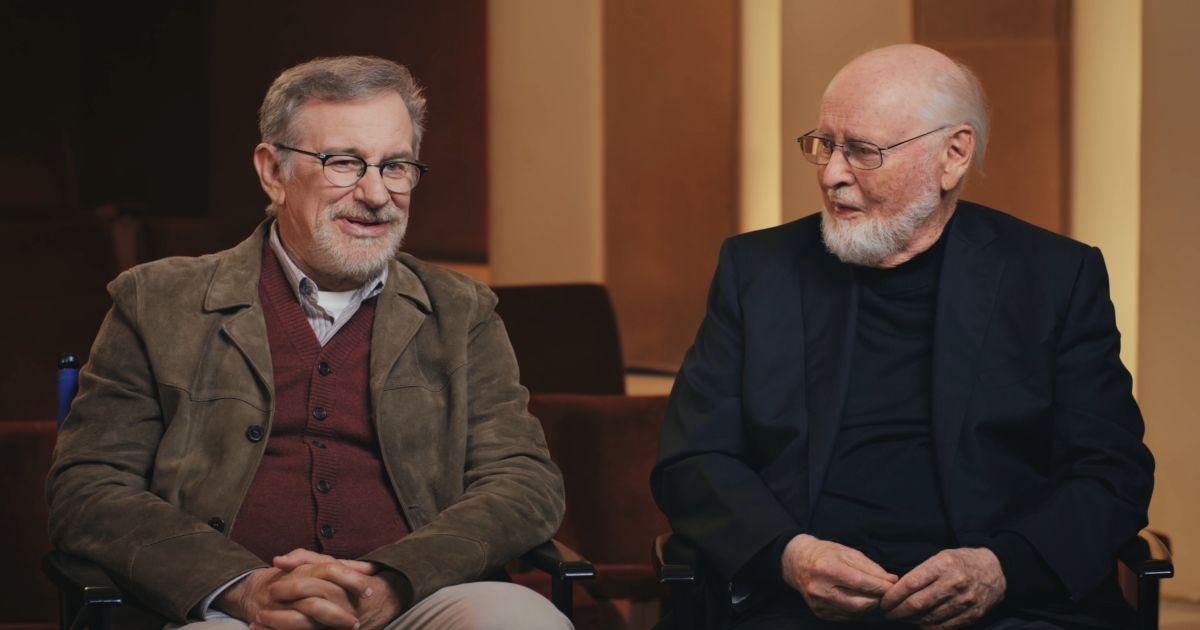Steven Spielberg Joins EGOT Elite With Grammy Win

The documentary Music by John Williams explores the life and career of the legendary composer behind some of cinema’s most famous scores. Known for his work on franchises like Star Wars, Superman, and Harry Potter, Williams has a particularly strong connection with director Steven Spielberg, having composed the music for hits like Jaws, E.T., Jurassic Park, Schindler’s List, and the Indiana Jones films. It’s a fitting tribute that Spielberg recently won a Grammy for a film celebrating Williams and his incredible contributions to the art of filmmaking.







